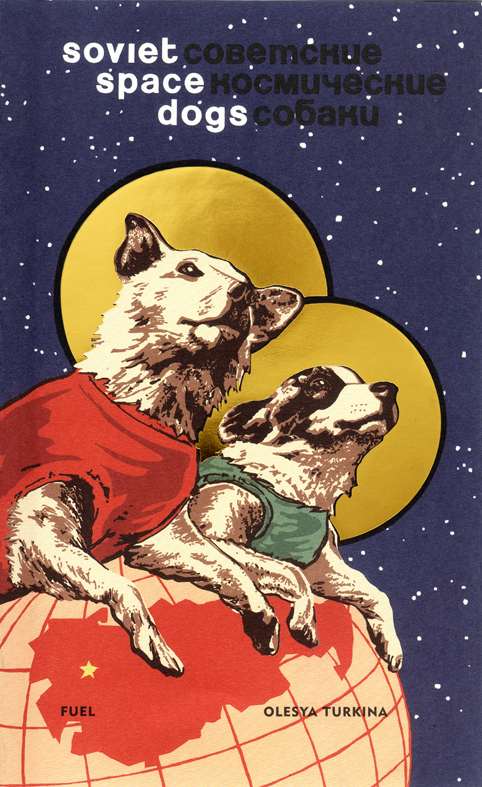Early Europe was about the context leading up to the Religious wars in France, if you know you know.
My modern Europe class started with reviewing the quiz, and I nailed it! Only one point was docked, half points were removed for not giving examples to my answer (I missed that part of the question, whoops). I am quite proud of myself, and am off to a good start as there are three quizzes and only the best two will be used for the final grade (the worst will be “thrown out”).
After the review we got into the course content which was about the great terror and Napoleon. The great terror is also called the final purge (in our class, I don’t know if it is called that by historians) and that means a lot of revolutionaries were tried and executed, a guy named Danton said that the revolution was eating its own children like the Roman god Saturn. There was a lot of paranoia and my professor made a comparison to what will happen with Stalin during what is called “the Red Terror.”
Post-Terror France was not doing well in the governing department so a guy named Sieyès figured he could run France but needed a strong man, so in comes Napoleon, who basically sabotaged Sieyès and took power or himself, becoming emperor of France. Most of you probably already know all about Napoleon. H’s kind of a funny guy in these beginning phases, the fact that he crowed himself in front of the pope is just so hilarious to me for some reason, he was really trying to “stick it” to everyone. Also Napoleon wasn’t even French, and he changed his last name to sound more French because people kept hating on him for being Italian. My professor then made a comparison to how Stalin wasn’t Russian, he was Georgian.
We then moved on to the Napoleonic civil code and how Napoleon also violated revolutionary principles; the big example being his re-instating slavery in specific profitable colonies (like Haiti). The Haitians specifically obviously did not like being re-enslaved and they used French revolutionary symbols to fight for their freedom, we all know that in the end they were forced to pay France the “freedom bond” to compensate the colonizers. A student then spoke up saying that Napoleon claimed this was his biggest regret and that it was actually his wife, Josephine, that pushed him into doing all of that. This was not said as a defence, at least I don’t think it was based on his tone.
Next we went over Napoleon’s successes and failures. Let’s start with his W’s: he was a military and administrative genius, he had so much audacity and was ruthless; his Total War was also successful; patriotic sacrifice and the birth of nationalism; propaganda was fantastic (portraying himself as the son of the revolution and France’s strongman). His failures were also a big deal and the reason for his downfall, he had a lot of hubris: the British navy was better than he thought, in the Battle of Trafalgar France and Spain lost 22 out of 33 ships while he British lost 0. That’s embarrassing. He also overstepped when he tried to invade Russia: he underestimated the geography, weather, and tenacity of the Russian people; they burned down their own capital?! Thats wild. Because of these colossal losses Napoleon’s image of invincibility was cracking. The Battle of Waterloo cemented his fate. There is nothing he could do (iykyk).
I wish we could’ve gone into more about the Napoleon era but this is a Europe class so we have to skip a lot. Like, why did Napoleon invade Russia? Wasn’t he besties with Alexander? I guess it doesn’t matter since we are done with this section. The Restoration in 1815 saw Louis the 18th return to become King again but bound by a charter (which is the constitution, just not in name I guess). Many new concepts and ideas arose from the French Revolution, like the left-right spectrum and ideologies:: the pre-revolution had conservatism which is against messing with traditional order of society, it believes in the “wisdom” of tradition. In 1789 saw the liberals who emphasized individual rights of (what Marx calls) the bourgeoisie, free markets, and saw change as progress. In 1793 and the radical revolution saw what could be called the early semblance of “socialism” with the wartime government intervening to ensure the citizenry had their basic needs met; equality and the right to food and work were prioritized over the right to vote.
Lastly we got into a bit of the Industrial Revolution before the end of class to get us ready for our Marx discussion in the next one. Basically industrialization and urbanization fuelled the development of many variations of socialism (including the more extreme form called communism). Between 1775 and 1850 the means of production was transformed from handmade domestic production (for one’s own family and trading) to factory mechanization. Thus came the alienated worker. We were then shown a bunch of pictures of how production changed, from at home looms to the bigger and faster factory ones, women and children as cheap labour, etc.


Napoleonic wars was one of major research papers in high school lol, I can talk about it forever. The wars were a complete mess, everyone constantly switched sides and was extremely opportunistic in order to secure a favorable position for their respective Imperial projects. For Russia-France, the issue was mostly the division of Poland + Russia refusing to support a blockade against Britain, a major trading partner and a monarchy (which of course is more trusted than a rebellious republic).